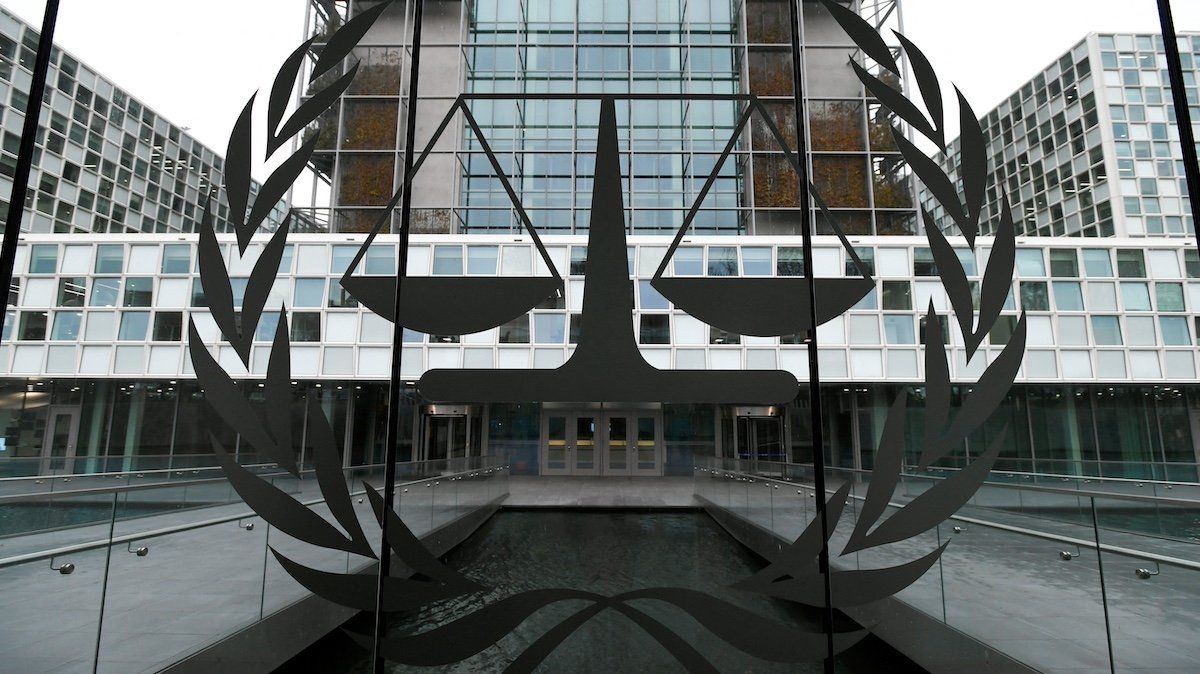Hard Numbers: ICC Sanctions, Legislative deadlock, Fading free speech, Attacks on health workers, Mexico campaign tragedy
37: At least 37 members of the House of Representatives are co-sponsoring a bill that would sanction prosecutors and staff at the International Criminal Court involved in applying for arrest warrants against senior Israeli leaders. The bill was introduced by a Republican member, but the Biden administration has expressed support. The president called the warrant applications “outrageous,” and Secretary of State Antony Blinken promised to work with Congress on the issue.
0.37: If the above bill does pass, it would be remarkable because just 0.37% of all the bills introduced in the 118th Congress have become laws. That passage rate is the lowest since the 1990-1991 Congress, during which Newt Gingrich executed his first government shutdown.
53: A sharp rise in restrictions on free speech and expression globally left 53% of all humans unable to speak freely last year, up from 34% in 2022, according to Article 19, an advocacy group. The big culprits? Crackdowns in India, home to the world’s largest population, and a deterioration of freedoms in Ethiopia, Senegal, Burkina Faso, and Mongolia. It’s not all bad news though: Article 19 specifically praised Brazil’s progress on freedom of expression after former President Jair Bolsonaro left power.
2,500: Researchers at Safeguarding Health in Conflict, a coalition of nongovernmental organizations, recorded over 2,500 attacks on healthcare workers who struggled to look after patients in conflict zones in 2023, a 25% increase from 2022. Researchers attributed the jump to new wars in Gaza and Sudan while older wars in places like Ukraine and Myanmar continue unabated.
9: A stage at a campaign rally collapsed in high winds in Nuevo Leon, Mexico, last night, killing at least nine people, including a child. Scores more were injured at the event featuring presidential long-shot candidate Jorge Álvarez Máynez. The country is in campaign mode ahead of the June 2 presidential, state, and municipal elections. Máynez has suspended upcoming events in response to the tragedy.
